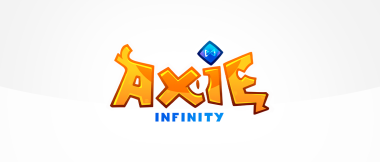Understanding Esports
The world of esports is an exciting one for any child interested in gaming competitively. But it can be a complicated scene to navigate and does have some risks.
Here's everything you need to know about this gaming phenomenon.
![]()
What are Esports?
The term ‘esports’ refers to video games played competitively by two or more players; they are organised competitions based around multiplayer games of strategy, combat or sport, with rules, referees and spectators. The games are all run through an esports organisation.
Esports are played by professional gamers for monetary gain in front of online and offline audiences.
Various types of games can be played as an esport. There are two main ones: FPS (first-person shooters – such as Call of Duty) and MOBAs (multiplayer online battle arena – such as League of Legends). A MOBA generally consists of two teams that each play as 'heroes' with their own abilities and strengths. The aim is to destroy the other ‘hero’, gaining strength and weakening their opponents’ base.
Other types of esports include card games, sports and strategy games.
Why is it so popular?
Many children enjoy playing video games and want to pursue a career in something they are passionate about and enjoy practising or working hard at. They may be excited at the prospect of fame, cash prizes, the possibility of visiting different countries or meeting like-minded people.
It is important to be supportive and express an interest in their passion, and to remember that plenty of people (adults and children alike) take eSports seriously. The general opinion on eSporting can be seen to be moving in this direction, with the 2022 Commonwealth Games even going so far as to pilot 'eSports' as an official event.
What do parents need to be aware of?
Age restrictions
Check the PEGI standard ratings (Pan-European Game Information) to find out what games will be suitable. For example, if a child is 13 they should probably be aiming to explore esports with a 12+ age rating.
If you're a parent of a child under 17, you will need to give permission for them to compete.
There is no statutory restriction to enabling underage children to view age-restricted video games online – simply allowing a child to view an 18+ game is not a statutory offence. However, responsible esports organisations request a user’s date of birth and use a PEGI rating as a guide.
Listen to Parent Zone's podcast, Tech Shock.
Surrounding community
Esports is a thriving community and part of the appeal is that young people get to meet others with a similar passion for gaming. It's important to be aware of just how wide a network esports can be and to be sure that children know what to do if they ever encounter a problem.
Make sure that children know not to publish any personal information about themselves online, such as their location. If they have a problem with another player, they should contact the esports organisation.
Spot something that doesn't look quite right? You can email librarian@parentzone.org.uk to submit comments and feedback.
This article was last updated on 02/10/23.




 Previous Article
Previous Article 